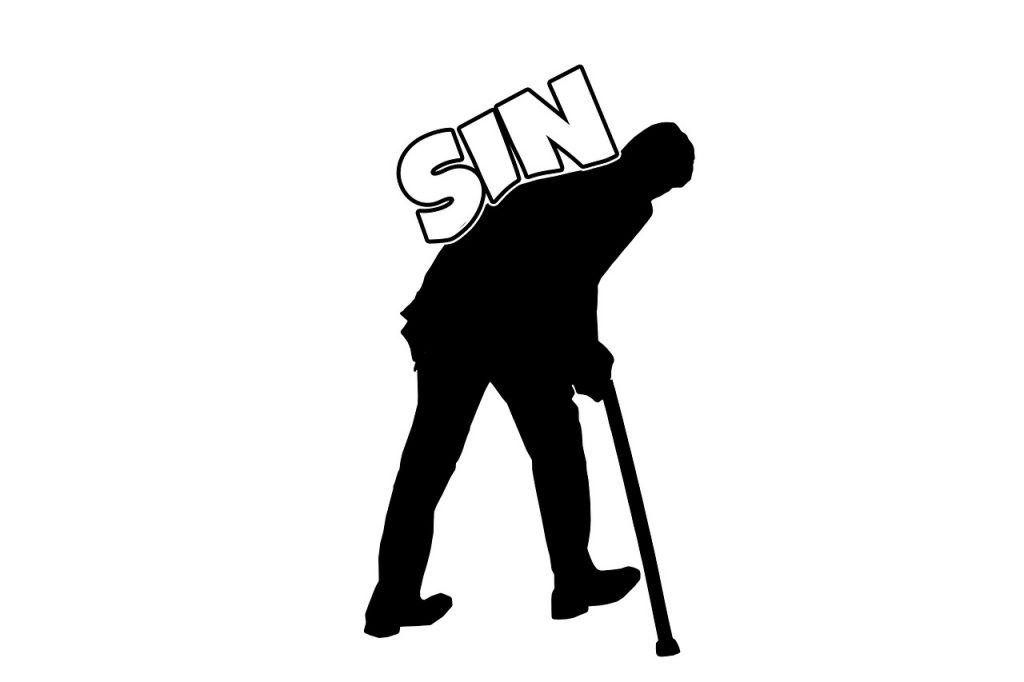Conscience is a word that we often hear in our daily lives, but what does it really mean? How do we form our conscience and follow it in our moral decisions? What role does the Church play in guiding our conscience?
In this post, I will explore these questions from a Catholic perspective, drawing on the teachings of the Church and the insights of some of its great thinkers.
Conscience as an Inner Voice of Truth
The Catechism of the Catholic Church defines conscience as “a judgment of reason whereby the human person recognizes the moral quality of a concrete act that he is going to perform, is in the process of performing, or has already completed” (CCC 1778).
But where does this faculty come from? How do we know what is good and evil, right and wrong?
According to St. Paul, we have an innate sense of morality, a natural knowledge of the basic principles of the moral law, that is implanted in us by God, who created us in his image and likeness. This innate sense of morality is what he calls “the law written on their hearts” (Rom 2:15).
This innate sense of morality is not enough, however, to guide us in every concrete situation. We need to apply it to the particular circumstances of our lives, taking into account the facts, the consequences, and the circumstances.
Conscience, then, is not something external to us, but something internal, something that belongs to our very being as human persons.
As Simply Catholic’s article explains, conscience is a faculty of the human soul that is fed and nourished by the rational ability of man to know objective moral truth. Conscience is not the source of morality, but rather its servant. Its function is to hold to the most fundamental of all moral precepts: do good and avoid evil. For it to function properly, it must be well-formed and educated in its effort to know the objective moral principles that are available to it either from divinely revealed sources or creation itself.
Conscience as an Encounter with God
Conscience is not only a natural faculty but also a supernatural gift. It is where we hear God’s voice calling us to love him and our neighbor, to follow his commandments and his will, to repent from our sins and to seek his mercy.
As explained by The United States Conference of Catholic Bishops (USCCB), God creates us with a capacity to know and love him, and we have a natural desire to seek the truth about him. Conscience helps us hear the voice of God; it helps us recognize the truth about God and the truth about how we ought to live. it provides “a judgment of reason” by which we determine whether an action is right or wrong.
How do we form and inform our conscience? The Catechism of the Catholic Church gives us some guidelines:
- We need to pray to God for his light and grace.
- We need to study the Word of God in Sacred Scripture and Tradition.
- We need to listen to the teaching of the Church.
- We need to seek the advice of wise and prudent persons.
- We need to avoid anything that can distort or dull our conscience.
How do we examine and purify our conscience? The Catechism suggests some steps:
- We need to compare our actions and intentions with God’s law and his will.
- We need to evaluate their moral quality and their consequences.
- We need to acknowledge our faults and failures.
- We need to repent of our sins and seek God’s forgiveness.
- We need to resolve to amend our lives.
Conscience as a Witness of Faith
Conscience is not only a personal reality but also a social one. It is where we show our fidelity to Christ and his Church, where we manifest our love for God and our neighbor, where we testify to our hope in the Kingdom of God.
Sometimes, following our conscience may mean going against the tide of the world. But we are not alone. We have God with us, who speaks to us in our conscience. He gave us His son, Jesus Christ, to model our conscience to. He gave us the Church to accompany us and help us form our conscience.
We also have a mission to fulfill, a witness to give, a service to offer. We have a dignity to uphold, a freedom to exercise, a vocation to pursue.
As explained by Catholic Answers’s article “Where Does Conscience Come From?”, conscience is “a judgment of reason by which the human person recognizes the moral quality of a concrete act” according to the Catechism. It is a rational human faculty, like memory, reason, and the sense of beauty—yet it also has a moral sovereignty over us.
Conclusion
God has given us a wonderful gift in our conscience. It is the inner voice of truth that helps us to know and do his will. It is also the sacred place where we encounter him and witness our faith. We should treasure our conscience and care for it well. Forming it according to God’s word and the Church’s teaching. We should examine it with honesty and humility. Following it with courage and fidelity.

